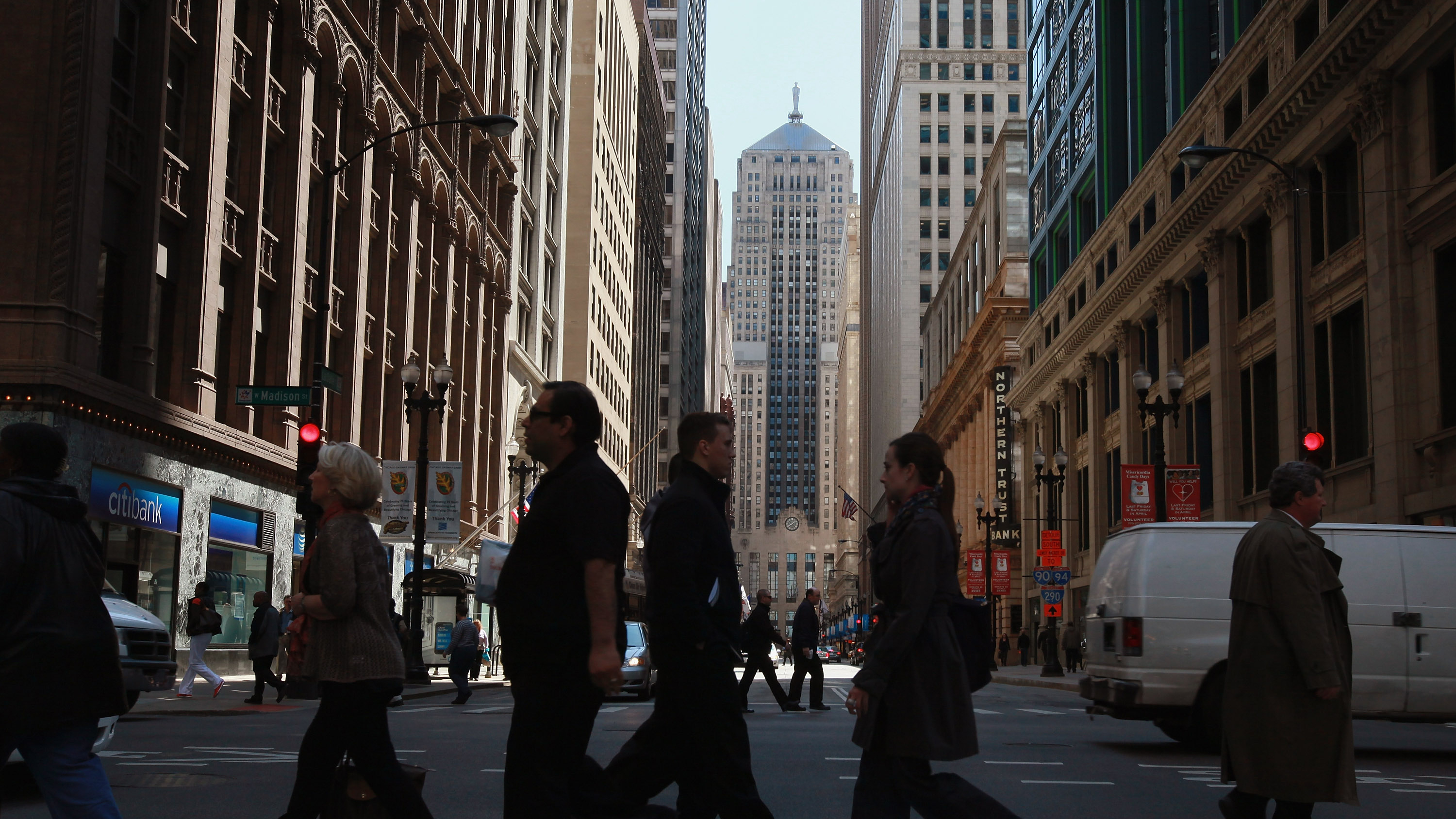EEC: Econ 101
Learning (and relearning) introductory economics with help from an open-source textbook.
Thank you for your submission!
From This Collection
Econ 101: Why learn about economic inequality?
by
David Brancaccio
, Erika Soderstrom
and Jarrett Dang
Feb 2, 2023
Professor Homa Zarghamee explores issues tied to wealth distribution and explains how economics translates into policies that affect people's lives.
Robots use game theory to understand how we think
by
David Brancaccio
and Rose Conlon
Apr 30, 2020
Robots are doing their part in this pandemic — and they're using behavioral economics.
In the COVID-19 economy, unintended consequences play a part in policymaking
by
David Brancaccio
and Erika Soderstrom
Apr 23, 2020
A rise in domestic violence, a decline in car accidents and more.
Economists are measuring the cost effectiveness of coronavirus lockdowns
by
David Brancaccio
and Rose Conlon
Apr 23, 2020
New research shows a long lockdown could be cheaper than reopening too soon.
The economy is a disaster. Should we stop talking about it?
by
David Brancaccio
and Rose Conlon
Apr 16, 2020
Nobel economist Robert Shiller discusses the power of narratives during a pandemic.
How does the Fed find an extra $2.3 trillion?
Apr 10, 2020
Turns out it's much more akin to printing money than it is to borrowing.
How to help the poor amid COVID-19? Give them money, says Nobel laureate Esther Duflo
by
David Brancaccio
and Rose Conlon
Apr 9, 2020
If a segment of the population stops buying things, it could lead to a much larger economic crisis, Duflo warned.
For public good, not for profit.
Stiglitz: How the U.S. economy recovers from COVID-19 hinges on Americans' debt
by
David Brancaccio
and Daniel Shin
Apr 2, 2020
"For those businesses that are getting so much help from the government, part of that should be used to help the debtors," said Nobel laureate Joseph Stiglitz.
How a debt jubilee could help the U.S. avert economic depression
by
David Brancaccio
and Daniel Shin
Apr 2, 2020
One economist believes hope of avoiding a COVID-19 economic depression lies in full forgiveness of personal debts.
A way to save both lives and the economy during the COVID-19 pandemic
by
David Brancaccio
, Daniel Shin
and Alex Schroeder
Mar 26, 2020
Nobel laureate and NYU professor Paul Romer says there's a path forward that limits the spread of the virus while letting most people get back to work over time.










